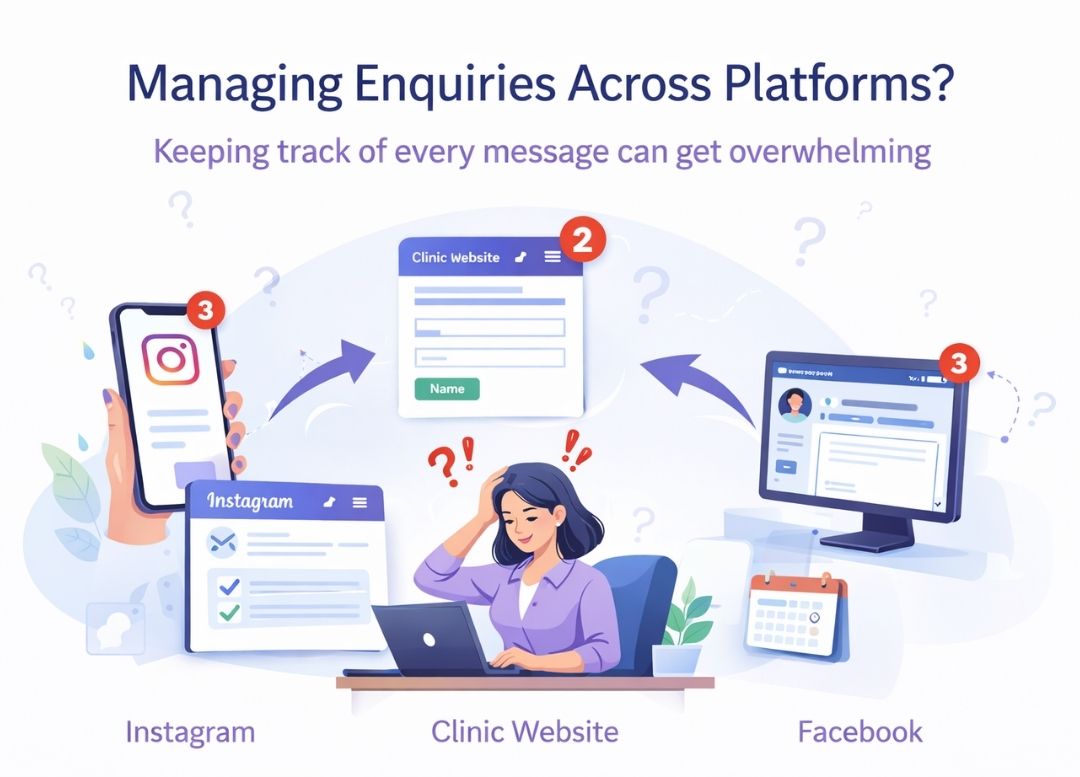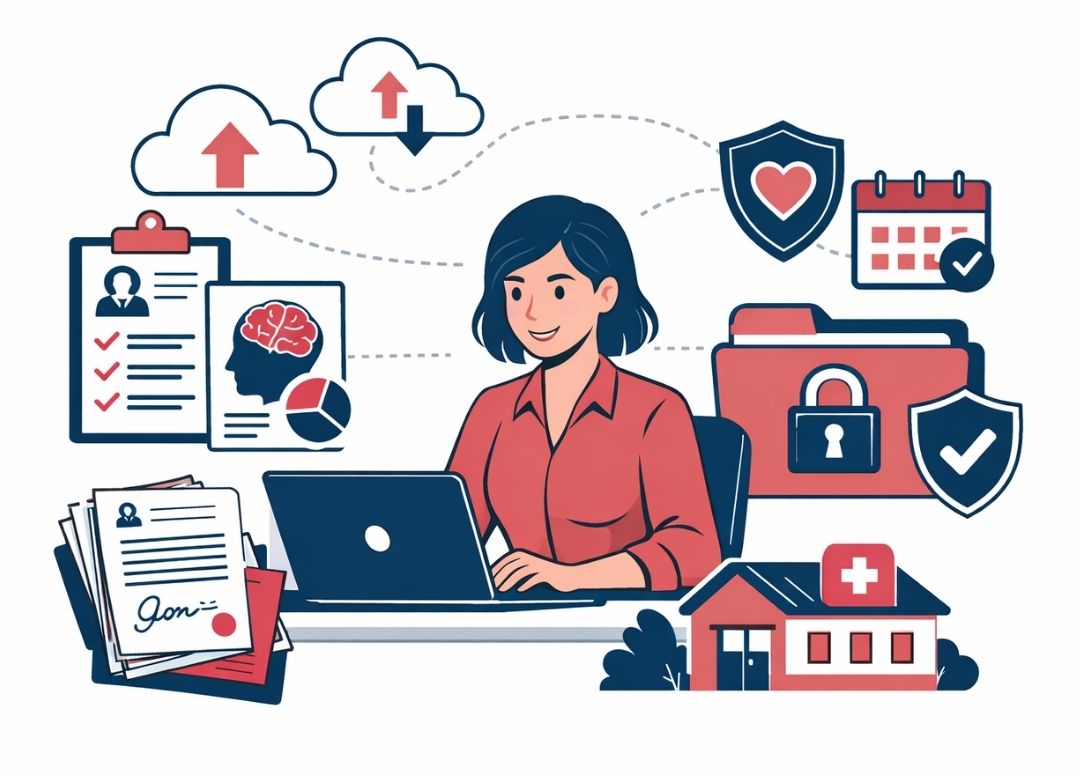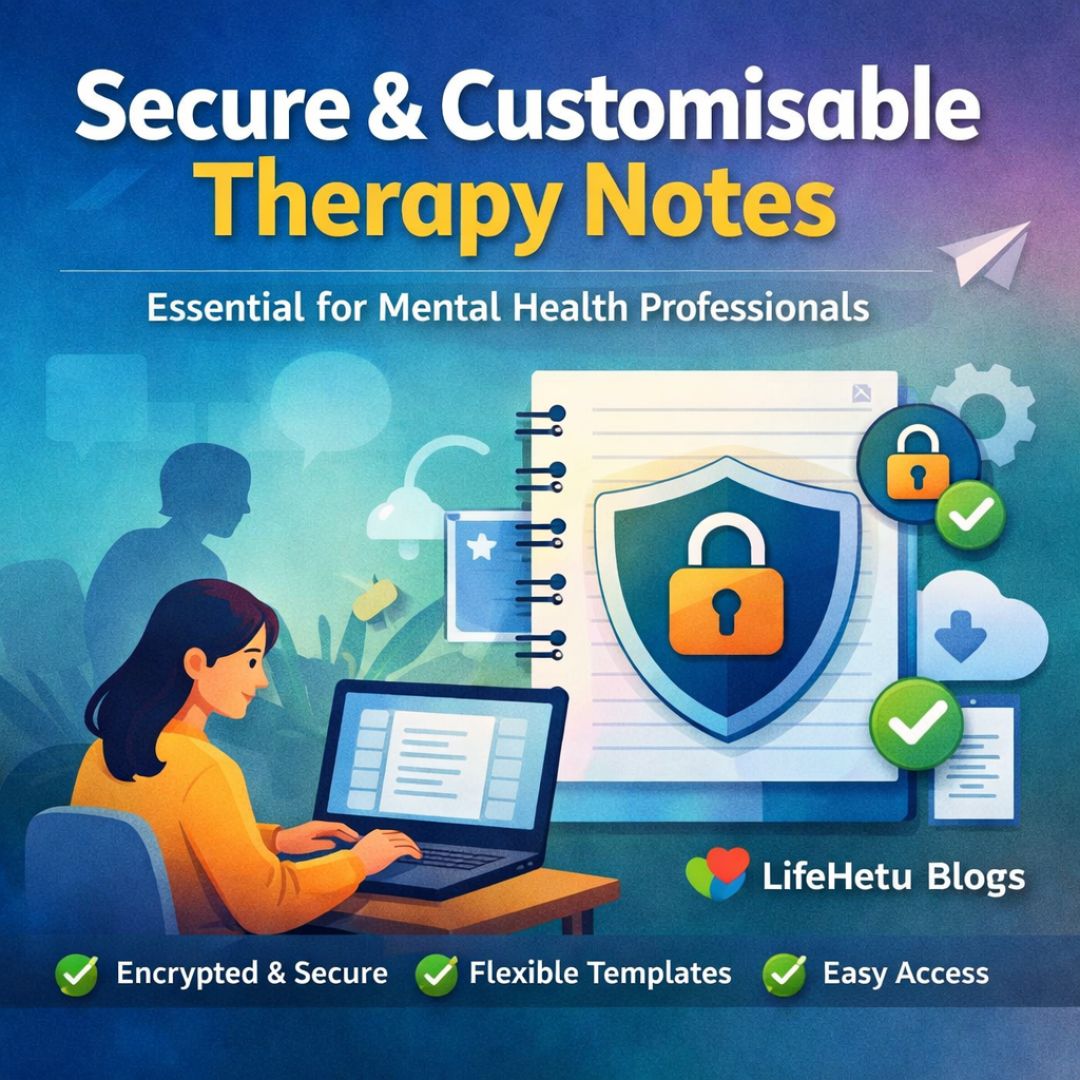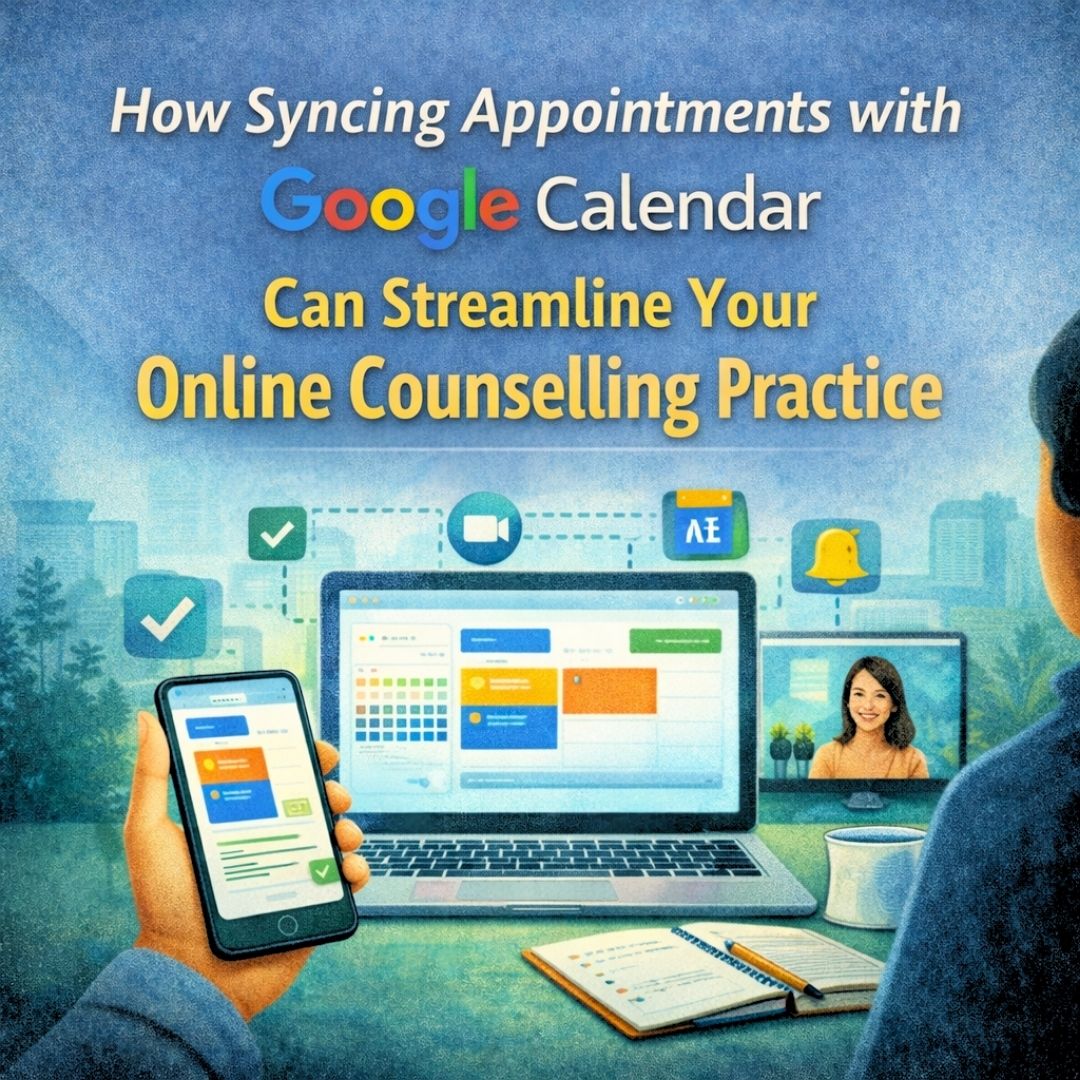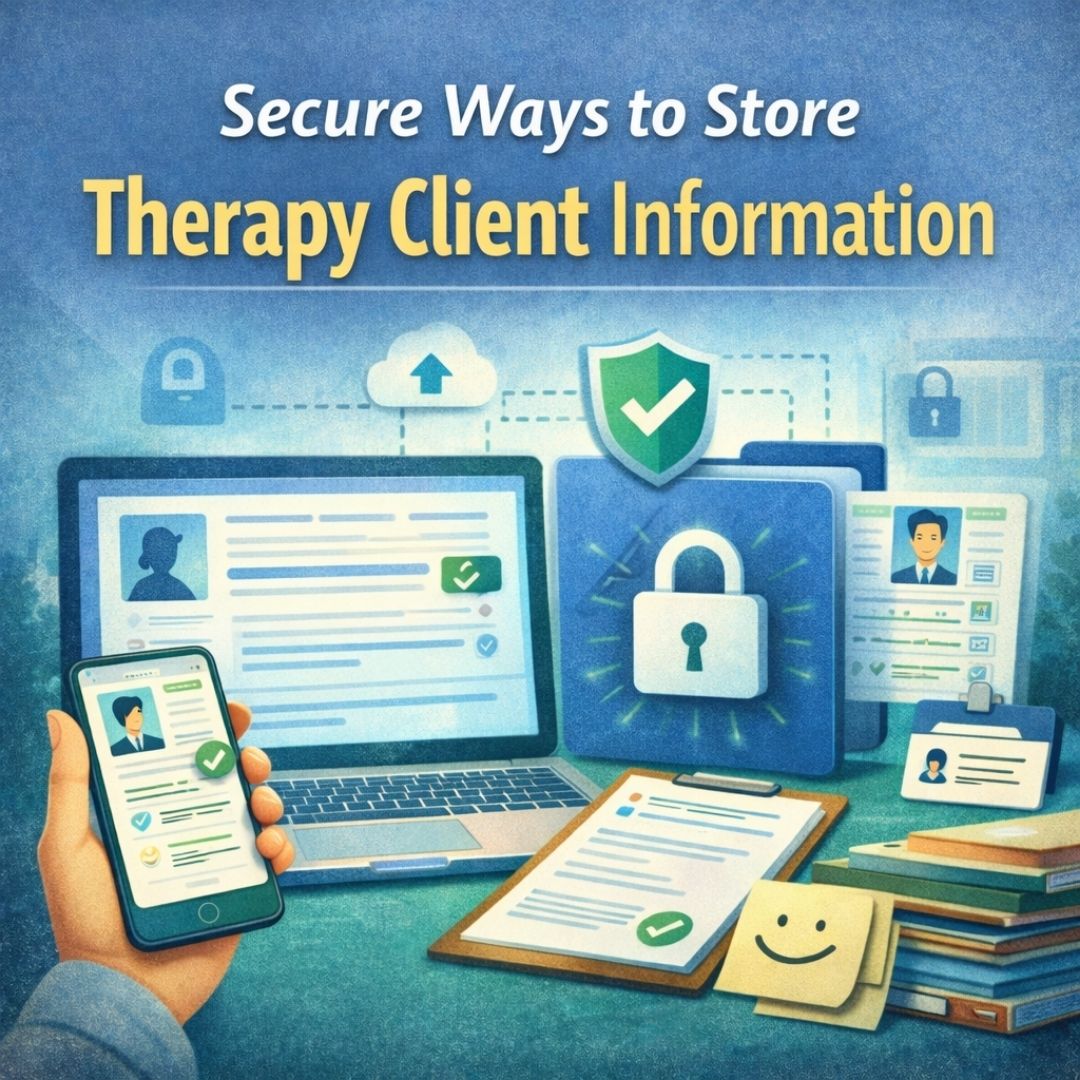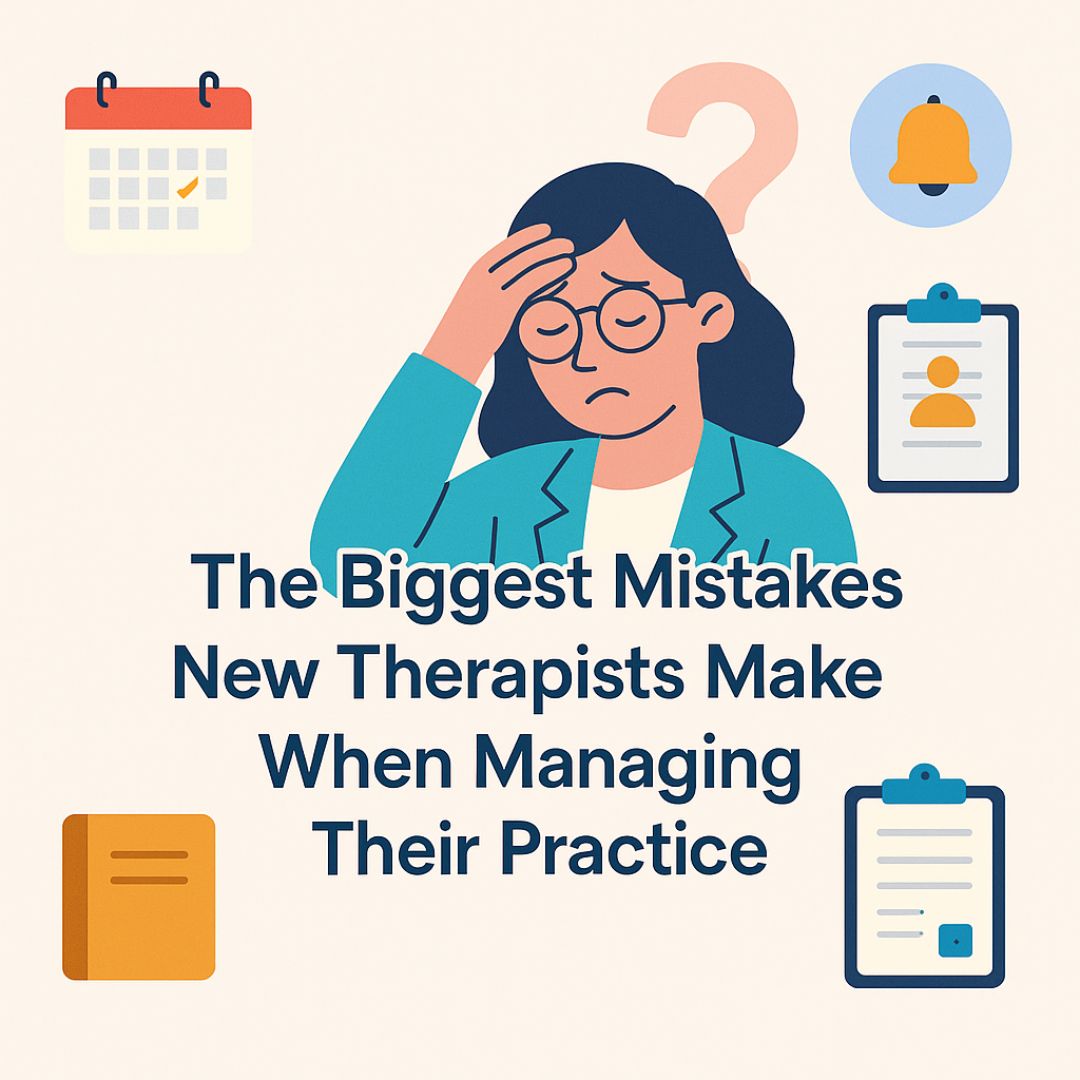How Gen Z Finds Therapists - What This Means for Your Online Presence
Gen Z looks for therapists online first. Learn what they expect—mobile UX, clear services, instant booking, social links—and how LifeHetu helps you get discovered.
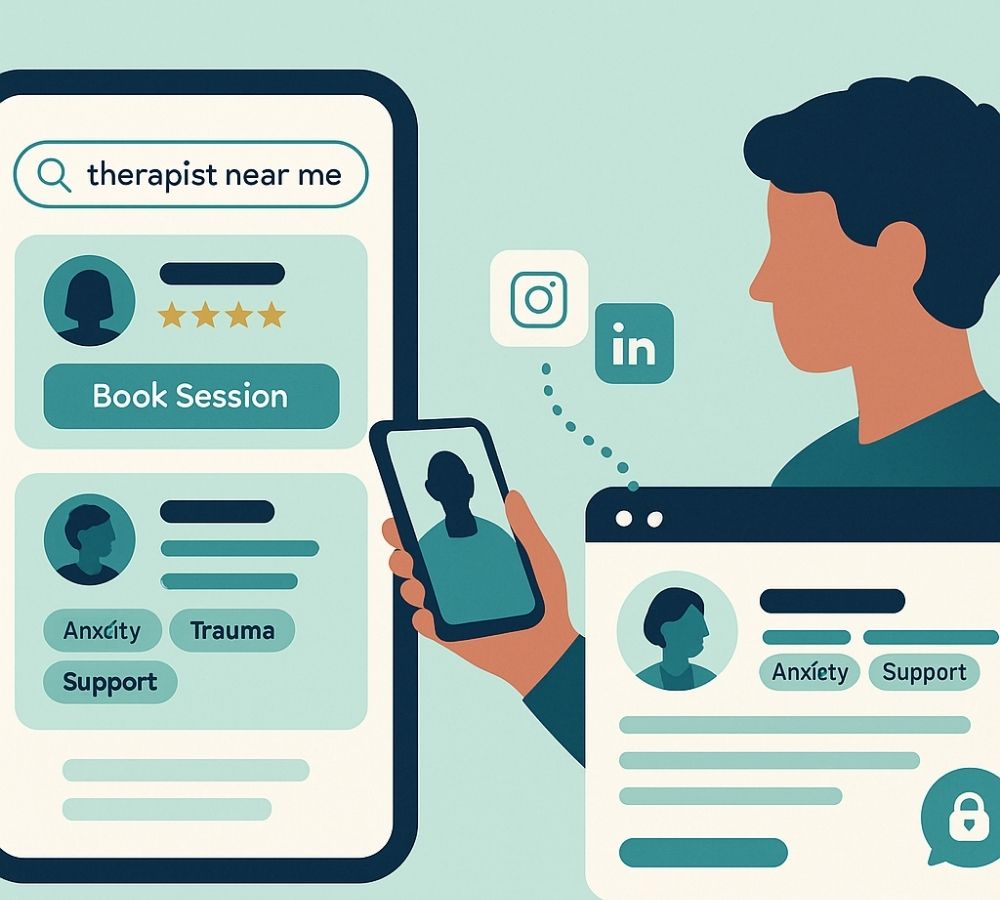
On this page
Jump to sections
If you're a therapist looking to grow your practice, it’s time to understand one important thing—Gen Z searches for therapists online first. They don’t flip through directories or wait for referrals. They Google. They browse Instagram. They click on links. And if your digital presence doesn’t speak to them, they’ll simply move on.
That’s why having a strong, relatable, and user-friendly website for therapist is not just good—it’s essential. Let’s dive into what Gen Z expects from your online presence and how you can attract and retain their attention.
Why does Gen Z search for therapists online?
Gen Z, born between 1997 and 2012, has grown up in a digital world. They’re comfortable researching sensitive topics online, and mental health is no exception. When they feel overwhelmed, anxious, or stuck, their first action is to search terms like “therapist near me” or “how to deal with stress.”
They also trust what they find online. From Instagram reels to YouTube explainers, Gen Z relies heavily on the internet to find credible information and relatable professionals.
That’s why building an online presence for therapist isn’t just helpful—it’s the key to being discovered by this new generation of clients.
What do Gen Z clients look for in a therapist’s website?
Think of your therapist website as your first conversation with a Gen Z client. What does it tell them about you? Are you approachable, experienced, and easy to reach? Here’s what they want:
- A simple and mobile-friendly layout
- A short, friendly bio that shows who you are (not just your degrees)
- Easy, visible online booking options
- Real testimonials or client stories (if ethically and legally allowed)
- Blog posts or videos that show your perspective
- Fast load times and secure communication (WhatsApp or forms)
Your website sets the tone. If it feels outdated or too formal, they may feel disconnected and click away.
How do social media and websites work together?
Social media is where Gen Z meets you. Your website is where they decide whether to trust you. When you share valuable content on Instagram or LinkedIn, potential clients often visit your bio link. And when they land there, your website needs to say: “You’re in the right place. I can help you.”
Social media generates awareness. Your website builds trust.
Why is an online presence crucial for today’s therapists?
We live in a world where people shop, learn, and even date online—so why not seek therapy the same way? Especially after COVID-19, clients now expect:
- Online sessions
- Instant booking
- Informative therapist profiles
- Transparent pricing and services
A strong online presence for therapist makes it easier for potential clients to:
- Understand what you offer
- Feel emotionally safe before reaching out
- Book a session quickly and privately
Without a digital presence, you risk missing out on clients who are actively searching for help.
How does LifeHetu help therapists build online presence?
Creating a professional website might seem overwhelming. But with LifeHetu, it’s simple and fast.
LifeHetu helps therapists:
- Build a modern, mobile-friendly website for therapist in minutes
- Add secure forms and booking tools
- Share blogs to improve Google ranking (SEO)
- Include services, specialties, testimonials, and more
You don’t need any technical skills. LifeHetu is built specifically for mental health professionals who want a solid online presence for therapist without the hassle.
What mistakes should therapists avoid when targeting Gen Z?
Here’s what can turn a Gen Z client away:
- Outdated, slow websites
- No mobile compatibility
- No clear information about services or fees
- Long paragraphs with clinical jargon
- Lack of online booking or secure contact forms
Gen Z values clarity, speed, and authenticity. If your site doesn’t deliver those, they won’t stick around.
Ready to Meet Gen Z Where They Are?
If you’re a therapist looking to grow your practice, don’t wait for referrals alone. Gen Z is actively looking for help online—but only for professionals who show up clearly, authentically, and accessibly.
A strong online presence for therapist helps you connect with clients who need you but might not have found you otherwise.
And with platforms like LifeHetu, building your professional website for therapist is no longer a complex task. It’s quick, easy, and tailored to your unique style.
Your future clients are online. Are you?
FAQs
1) Why does Gen Z search for therapists online first?
They grew up digital. When stressed or overwhelmed, they Google symptoms, check social media, and look for approachable professionals with clear information.
2) What do Gen Z clients expect on a therapist’s website?
Mobile-friendly design, a warm short bio, instant booking, clear services and pricing, quick contact options (WhatsApp/forms), and fast load times.
3) How should my social media and website work together?
Use social to create awareness and send visitors to a trusted, well-structured website that confirms your credibility and makes booking easy.
4) What must-haves improve conversions with Gen Z?
Clear call-to-action buttons, online scheduling, transparent pricing, testimonials (when allowed), and content that shows your perspective.
5) What common mistakes push Gen Z away?
Slow or outdated sites, no mobile optimisation, jargon-heavy copy, unclear fees, and no secure contact or booking options.
6) Do I need advanced tech skills to build a strong online presence?
No. Platforms like LifeHetu provide therapist-specific templates, secure forms, and booking tools LifeHetu so you can launch quickly.
7) Does blogging or content really matter for Gen Z?
Yes. Short blogs, FAQs, and videos build trust, improve SEO, and let potential clients understand your approach before they reach out.
8) How can LifeHetu help me get discovered?
LifeHetu offers SEO-friendly, mobile-first websites with booking, forms, and content tools designed for mental health professionals.
On this page
Jump to sections
Related Reads. Similar Blogs to Check Out.
